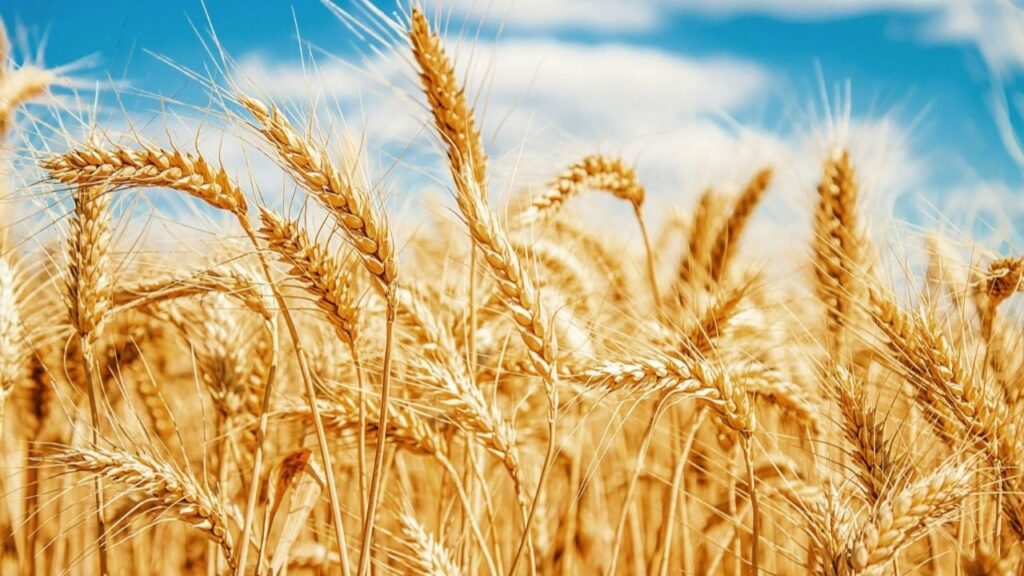Have you ever come across a term that piqued your curiosity but left you wondering, “What does that actually mean?” One such term that has been circulating in recent discussions is “Agrawau.” It’s not a word you hear every day, and chances are, you might be hearing it for the first time. But don’t worry—today we’re going to dive into the details and unravel the mystery surrounding this word. Is it a name, a concept, or perhaps something from the depths of culture and tradition? Let’s explore together.
The Origins of Agrawau: Tracing the Roots
To truly understand Agrawau, we need to take a step back and look at where it comes from. While it may not be a term you find in the dictionary, it holds significance in various contexts, especially in different cultures. The term Agr.awau is often used in some regions to refer to a certain tradition, practice, or even a concept that symbolizes connection to nature or community.
Interestingly, the term doesn’t have a singular definition that applies universally. It’s not limited to one language or culture; rather, it is found in several linguistic backgrounds, each giving it a unique twist. In some languages, Agrawau could refer to the essence of community bonding, while in others, it might represent a form of ceremonial practice or ritual.
Agrawau in Cultural Contexts: A Glimpse Into Tradition
When we talk about Agr.awau in cultural contexts, it’s fascinating to see how it’s tied to specific rituals. For instance, in rural communities across parts of Southeast Asia, Agrawau is often associated with agricultural festivals. These festivals are times when people come together to celebrate the harvest, give thanks to the gods, and renew their vows to sustain the land for the future.
In these celebrations, Agr.awau is not just a word—it’s a symbol of unity, prosperity, and harmony with the earth. It reminds the people of their dependence on the cycles of nature and how their efforts contribute to a greater purpose. The term takes on a spiritual meaning, as it’s closely linked to rituals that help preserve ancient practices.
Agrawau and Its Connection to Agriculture
Speaking of agriculture, Agrawau also holds a special place in farming traditions. In many rural societies, especially those where subsistence farming is still common, Agrawau represents the agricultural cycles that guide the lives of farmers. It’s a celebration of the earth’s generosity and a reminder of the delicate balance between human effort and nature’s bounty.
Farmers often invoke the term Agrawau during planting and harvesting seasons. It’s more than just a word; it’s a chant, a prayer, and an offering rolled into one. The practice is meant to ask for good weather, plentiful harvests, and the continuation of the cycles that sustain life.
The Role of Agrawau in Community Life
What makes Agr.awau even more intriguing is its role within community life. In many traditions, the word is tied to social cohesion and collective well-being. The practice of Agrawau is not just an individual endeavor; it’s a communal experience. People gather together to celebrate, work, and share resources. Whether it’s planting crops, harvesting, or even just socializing, Agrawau acts as a unifier.
In these settings, Agr.awau encourages individuals to think beyond themselves and to act in the interest of the group. It fosters a sense of responsibility and interdependence, where everyone plays a role in ensuring the survival and prosperity of the community. This interconnectedness makes the term all the more significant in places where people rely on each other for survival.
Agrawau’s Influence on Modern Practices
While the roots of Agr.awau are deeply embedded in tradition, its influence can still be felt in modern practices. In today’s world, where urbanization and industrialization are widespread, many have lost touch with the farming and communal traditions that once defined societies. However, the principles behind Agrawau—such as unity, respect for nature, and the importance of collective effort—still resonate.
For example, community gardening projects in urban areas can be seen as a modern form of Agrawau. These projects bring people together to cultivate food, share resources, and build stronger bonds within their neighborhoods. While these efforts might not involve ancient rituals, they carry the same underlying message of connection to nature and one another.
Agrawau in the Digital Age: A New Meaning?
In our digital age, the term Ag.rawau may seem like a relic of the past, but it’s possible that it’s finding new forms of expression. Online communities, particularly those focused on sustainability and environmentalism, are adopting the principles of Agrawau to promote collective action for the planet.
By participating in online forums or digital activism, individuals come together to address global issues like climate change, deforestation, and food security. In these spaces, Ag.rawau could be interpreted as the digital gathering of people with shared values, working together towards common goals.
The Spiritual Aspect of Agrawau: More Than Just a Word
One of the most profound aspects of Agr.awau is its spiritual significance. In many cultures, words have the power to transcend their literal meanings, and Ag.rawau is no exception. It represents a deeper connection to the world around us, a bond that transcends physical needs and touches on the spiritual and emotional.
For those who practice traditions that incorporate Ag.rawau, the term is often uttered during moments of introspection or prayer. It’s a way to express gratitude, seek guidance, and honor the earth’s role in sustaining life. In this sense, Agr.awau serves as a reminder of the interconnectedness of all things—human, animal, and plant—and the divine forces that watch over the natural world.
Embracing Agrawau Today: A Call to Action
So, what can we learn from Agr.awau, and how can we embrace it in today’s world? At its core, Ag.rawau teaches us the value of connection—connection to the earth, to our communities, and to the greater good. In a time when many feel disconnected from nature and each other, Ag.rawau offers a powerful message of unity and sustainability.
Perhaps it’s time to take a closer look at how we engage with our surroundings. Whether it’s through supporting local farming, participating in community events, or simply appreciating the natural world, there are countless ways to bring the spirit of Ag.rawau into our lives.
Agrawau and Its Future: A Legacy Worth Preserving
As we move forward into the future, the teachings of Ag.rawau should not be forgotten. While its traditional applications may evolve or change with time, its essence remains timeless. The principles of unity, respect for nature, and collective responsibility can help guide us in building stronger, more resilient communities.
Whether we are in a rural village or a bustling city, the values behind Agr.awau remind us of our shared humanity and the importance of taking care of the world around us. As we face global challenges like climate change and social inequality, embracing the lessons of Agr.awau can lead us toward a more harmonious and sustainable future.
Conclusion: The Power of Agrawau in Our Lives
Agrawau is more than just a term—it’s a concept, a practice, and a way of life that has deep roots in culture and tradition. From its agricultural significance to its role in fostering community spirit, Agrawau teaches us the importance of connection. In a world that often feels disconnected, embracing these lessons could be the key to a more harmonious and sustainable future.
So, what does Ag.rawau mean to you? How can you incorporate its spirit into your own life and community? Perhaps, after exploring its history and significance, you’ll find that this humble word carries a profound message for all of us

